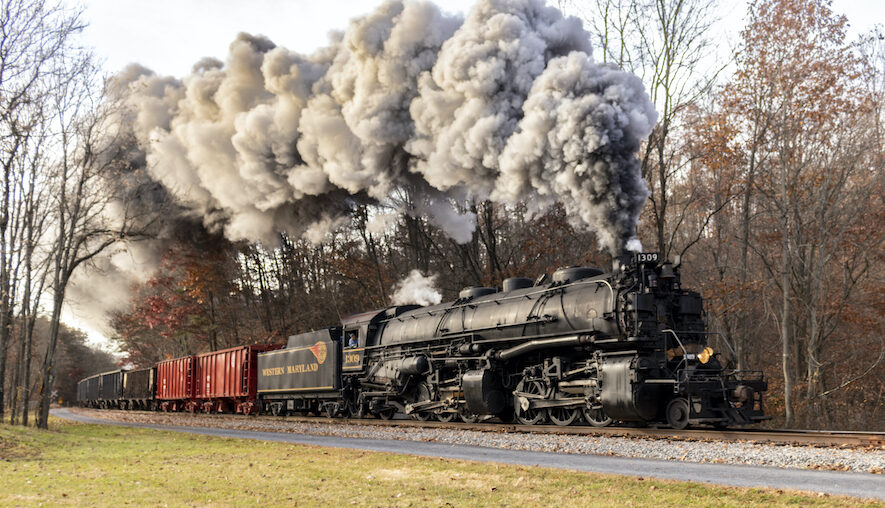
The decades-long effort to advance the design and technology of steam locomotives constantly circled back to the idea of “make it bigger.” Articulated engines took that notion and doubled it both figuratively and literally. The results were roughly 3,000-built machines of epic proportions with the strength and flexibility to haul either slow drags through mountainous […]
Read More…
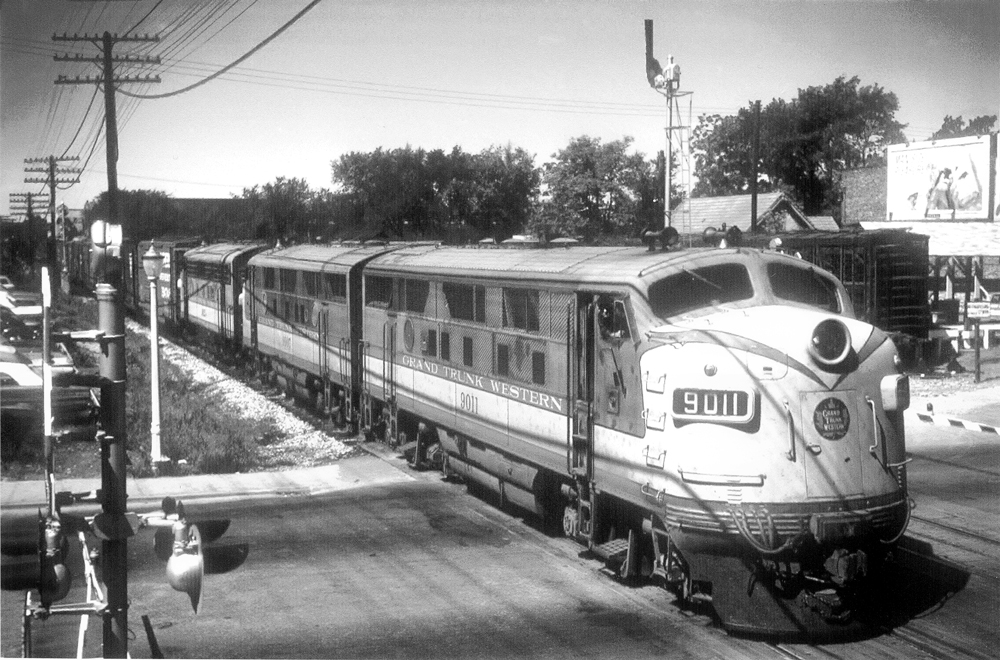
Strictly speaking, Grand Trunk Western is not a “fallen flag.” GTW still reports to regulators as a separate Class I railroad, but since Jan. 1, 1996, GTW has been submerged in the identity of its parent, Canadian National. These days, operation and management of GTW are integrated with the 2,650-mile former Illinois Central and […]
Read More…
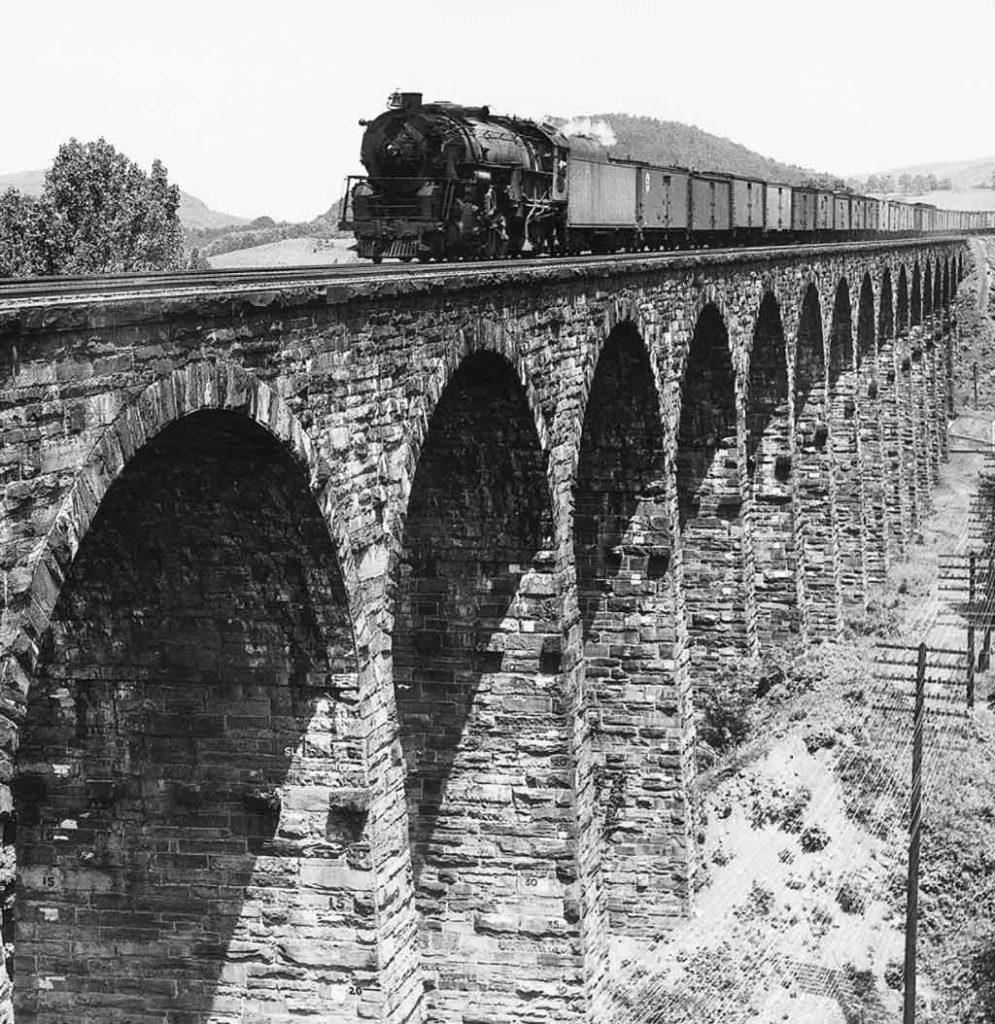
An Erie Railroad 2-8-4 Berkshire type leads a train of refrigerator cars over Starrucca Viaduct, on the road’s main line east of Susquehanna, Pa. The stone-arch landmark, 1,200 feet long and 110 feet tall, was built in 1848 and remains in service today. Charles A. Elston photo […]
Read More…
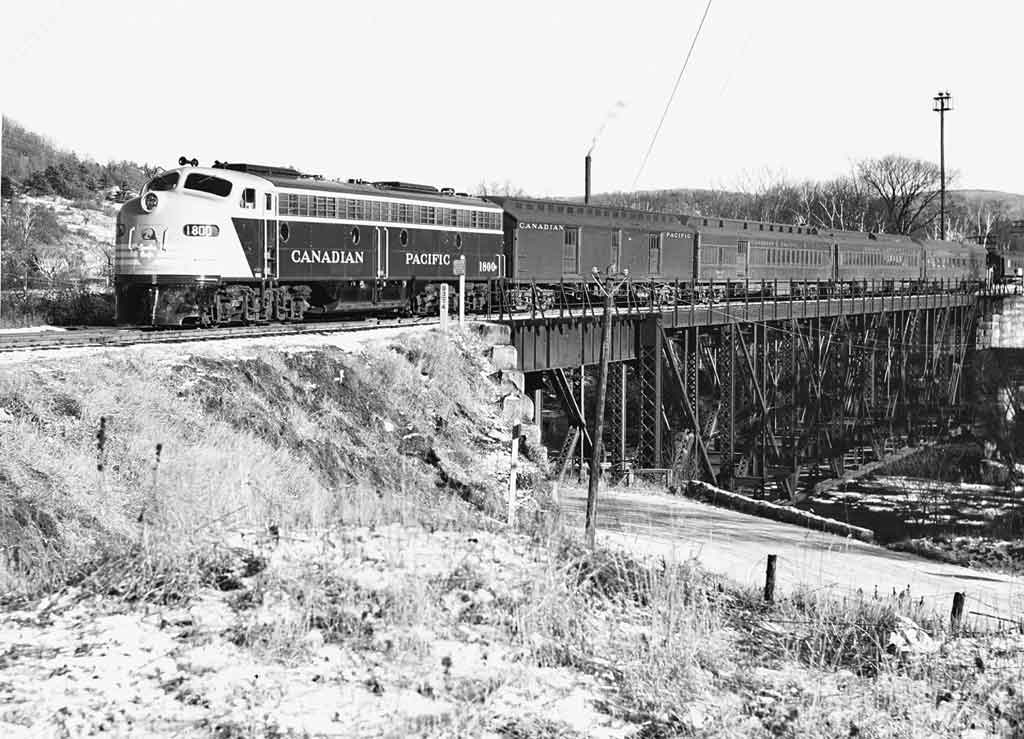
CP owned just three E units: E8’s 1800–1802, the only E units purchased by a non-U.S. railroad. Less than a month old, No. 1800 leads the Boston–Montreal Alouette out of Woodsville, N.H., and across the Connecticut River into Vermont on December 30, 1949. Philip R. Hastings photo […]
Read More…
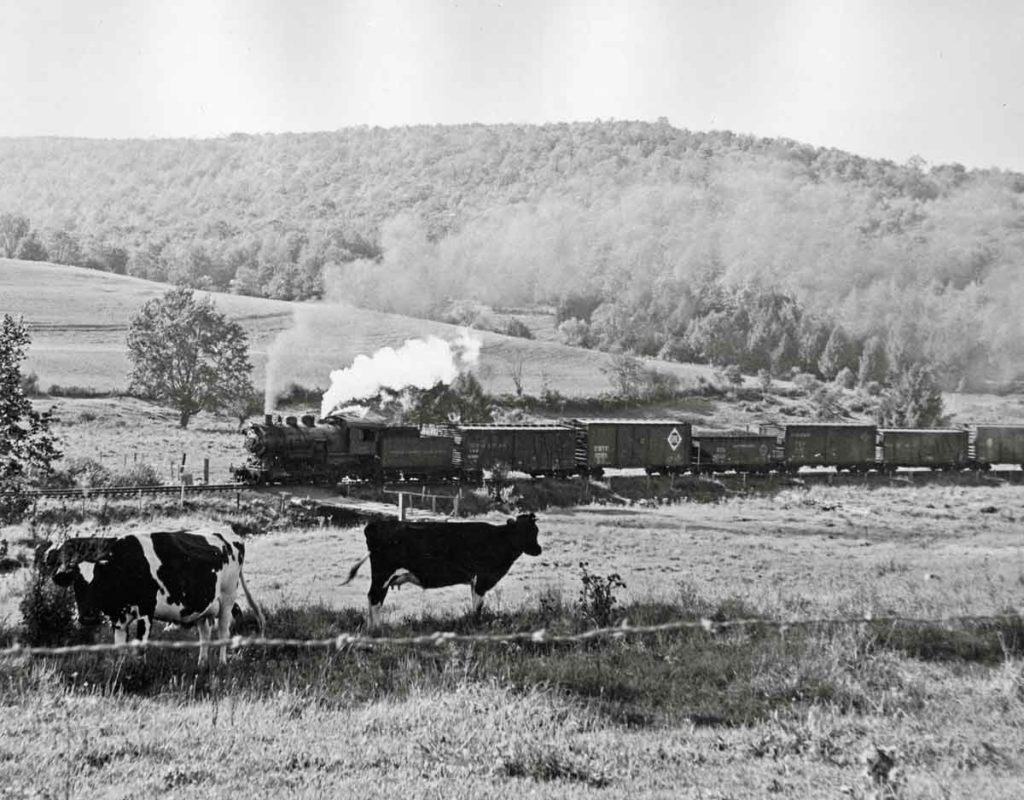
Consolidation 3127 rambles along Baltimore & Ohio’s former Buffalo & Susquehanna near West Bingham, Pa., in September 1955. Philip R. Hastings photo […]
Read More…
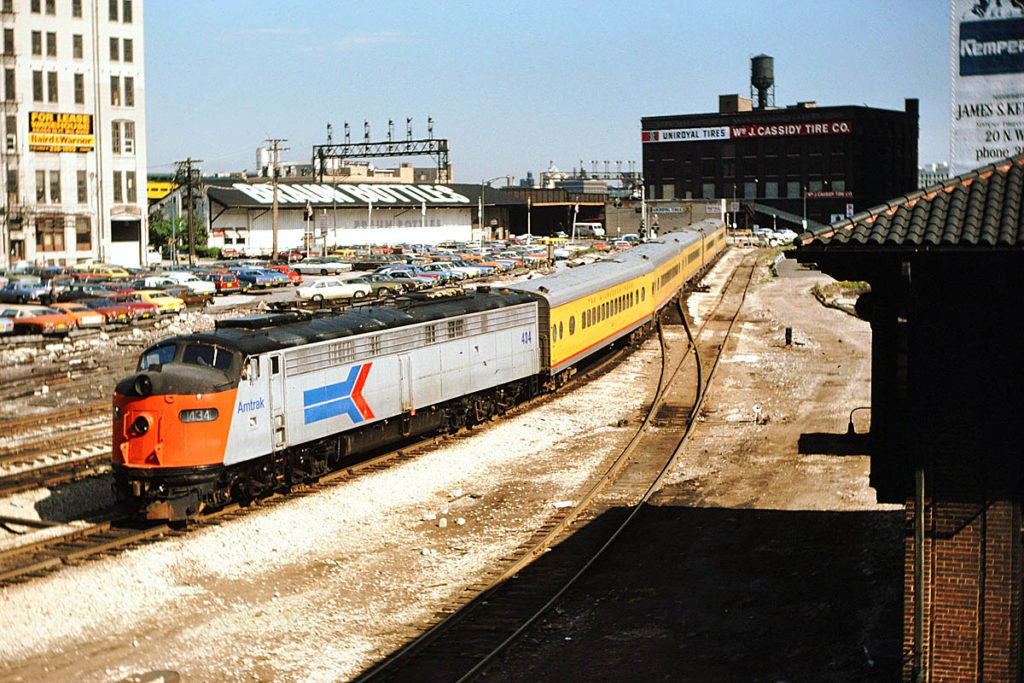
Southbound from Milwaukee, Amtrak E9 No. 434 makes its way into Chicago Union Station in 1975. The locomotive is former Milwaukee Road, rebuilt at its Milwaukee Shops. Today, Amtrak’s Hiawatha Service provides seven weekday roundtrips between the Cream City and Windy City. Paul Hoffmann photo […]
Read More…
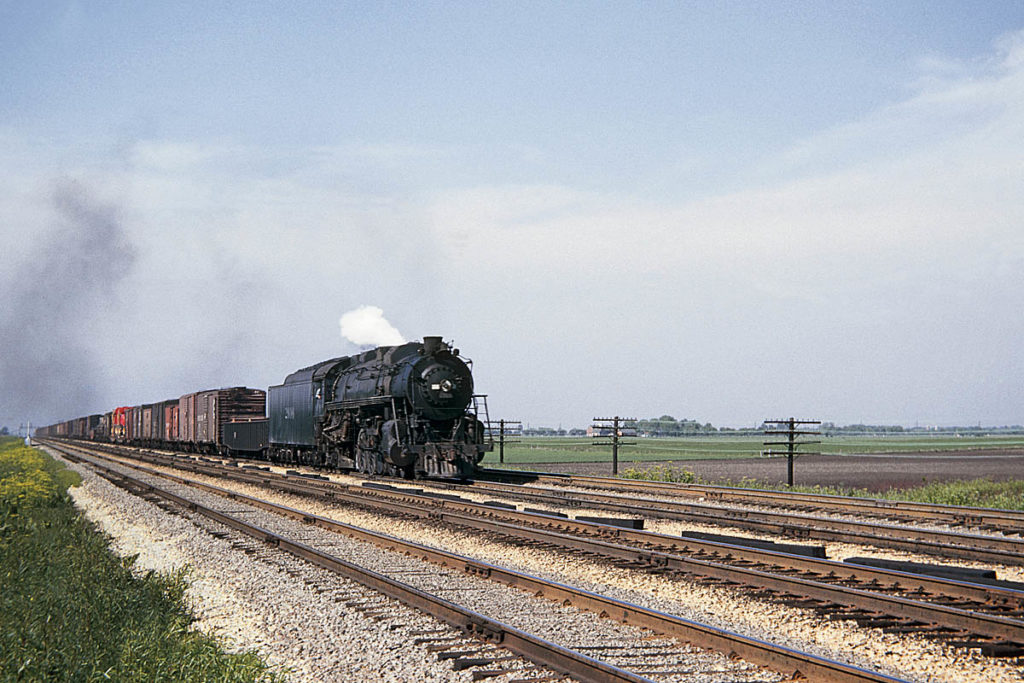
Illinois Central 4-8-2 No. 2606 speeds south with freight CN-3 near Monee, Ill., in June 1953. The tabletop landscape provides for wide-open views, and, often, throttles. Robert R. Malinoski photo […]
Read More…
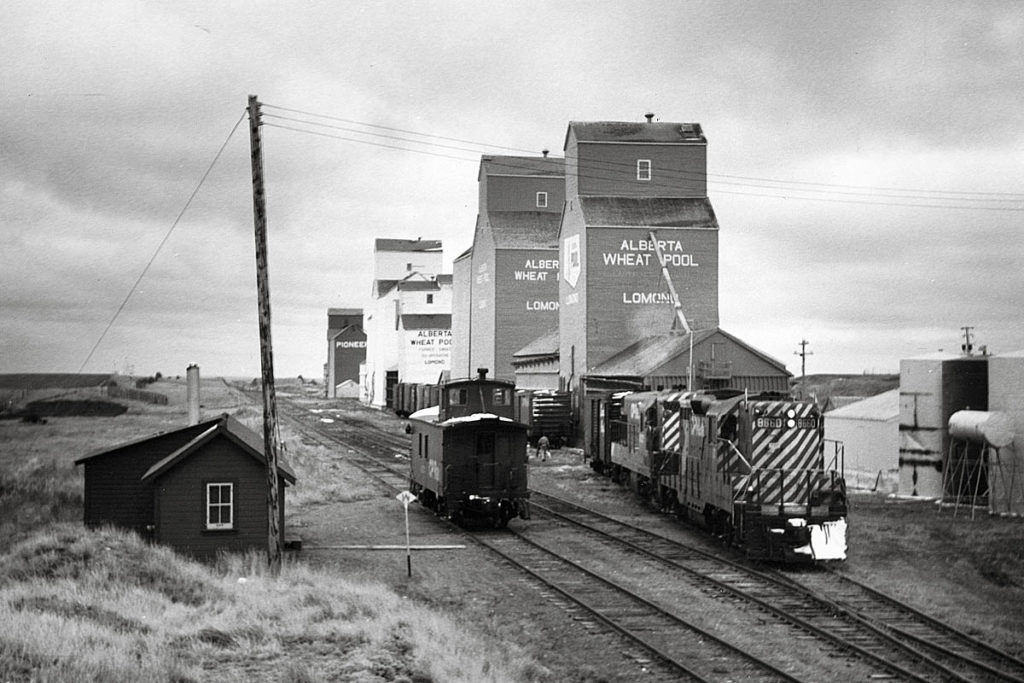
Two Canadian Pacific Geeps switch several 40-foot grain boxcars at the wooden Alberta Wheat Pool elevators at Lomond, Alberta, in April 1974. Boxcars were common on western Canadian lines into the 1980s. A. J. Sutherland photo […]
Read More…
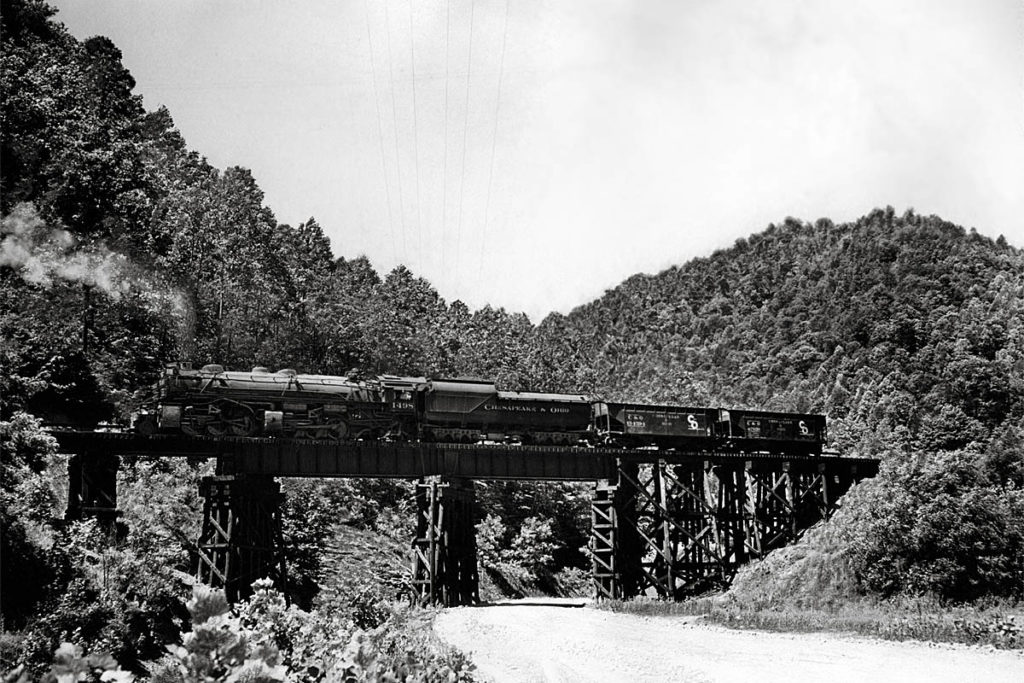
In June 1955, Chesapeake & Ohio 2-6-6-2 No. 1498, built in 1923, shoves two empty hoppers toward a mine near Barrett, W.Va., for loading. W.A. Akin Jr. photo […]
Read More…
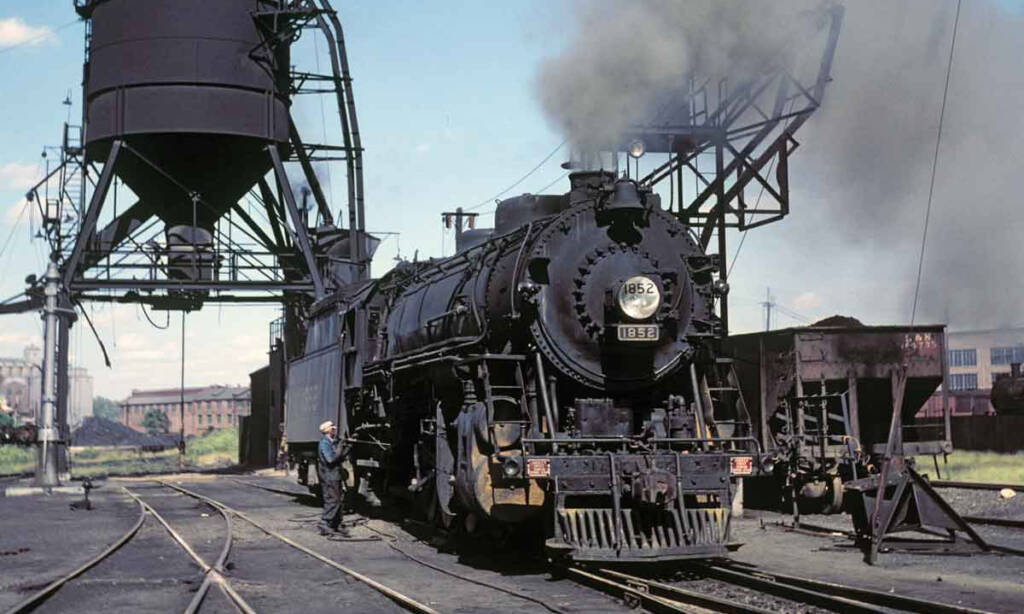
In general terms, America is not a country with great affinity for nationalization. The machinations of the American economy are diametrically opposed to the principles of nationalization. However, that doesn’t mean that the U.S. has never dabbled in the practice. The United States Railroad Administration (USRA) is an example. In the interest of clarity, I’ll […]
Read More…
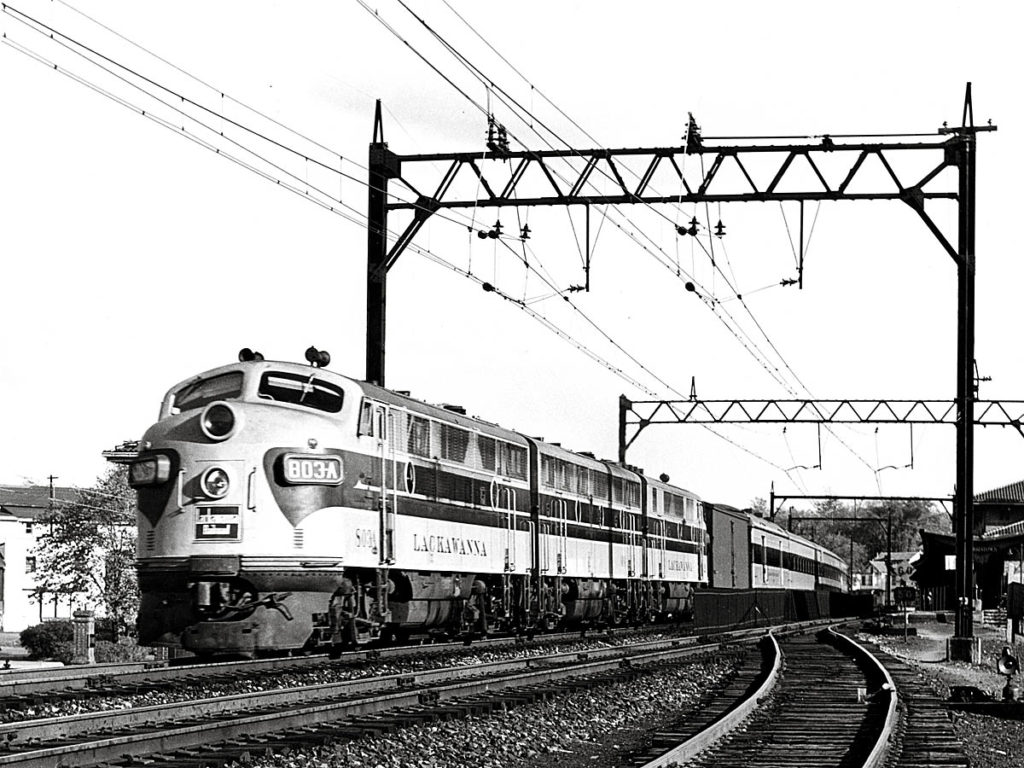
Three Delaware, Lackawanna & Western F3s power the Twilight at Morristown, N.J., in the early 1950s. The railroad had 71 FT and F3 units. Homer R. Hill photo […]
Read More…
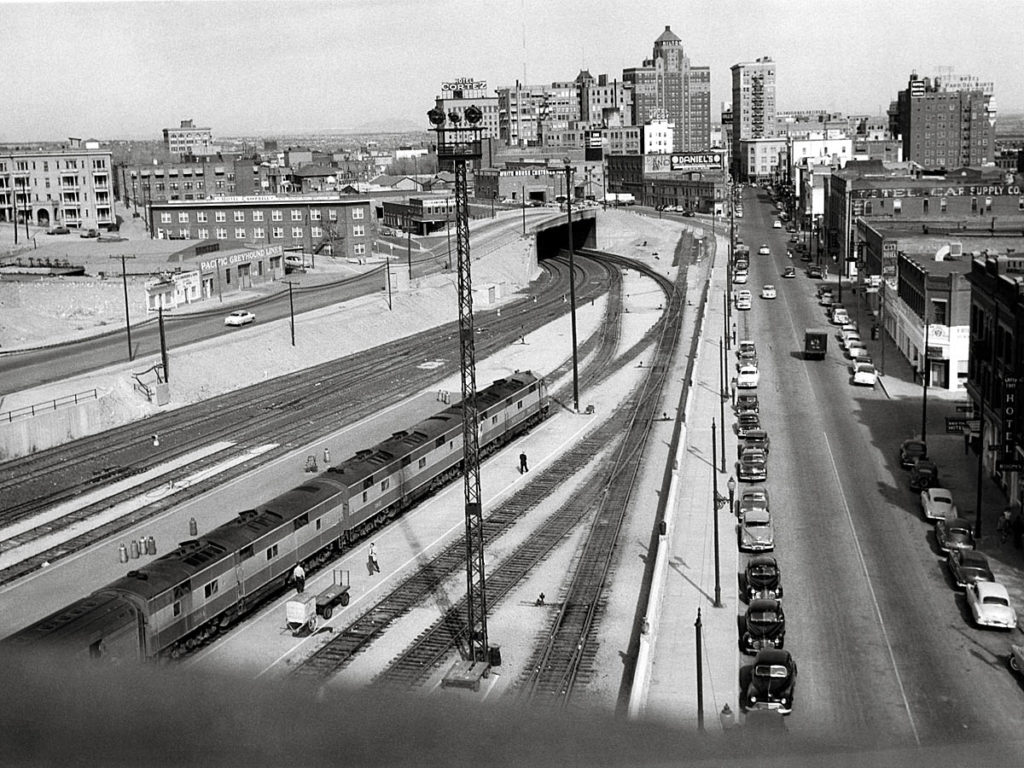
The eastbound Southern Pacific Sunset Limited approaches the Memorial Tunnel at El Paso, Texas, on March 15, 1952. Born in 1894, the Sunset had received its latest upgrade in 1950. Classic Trains collection […]
Read More…












